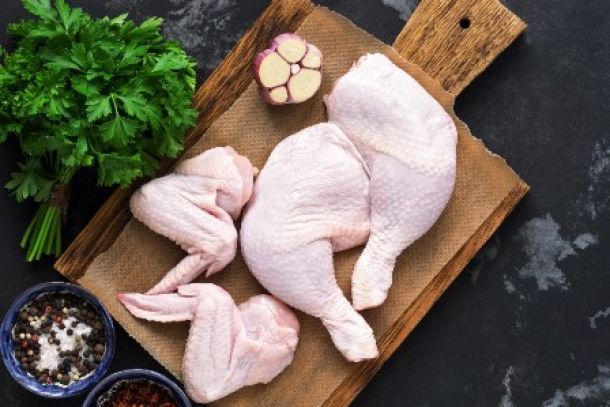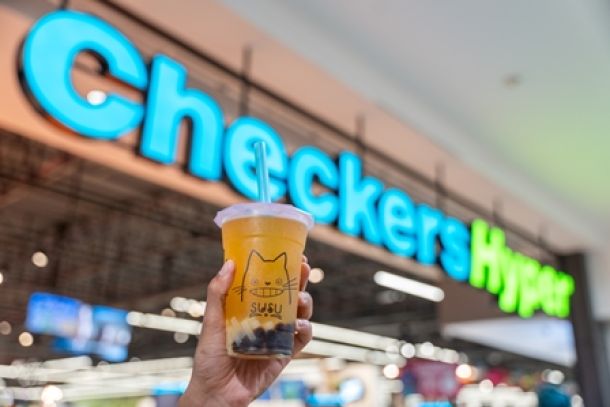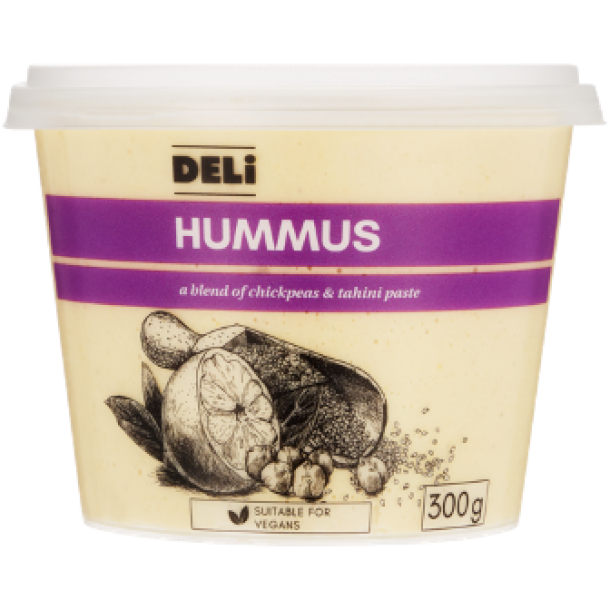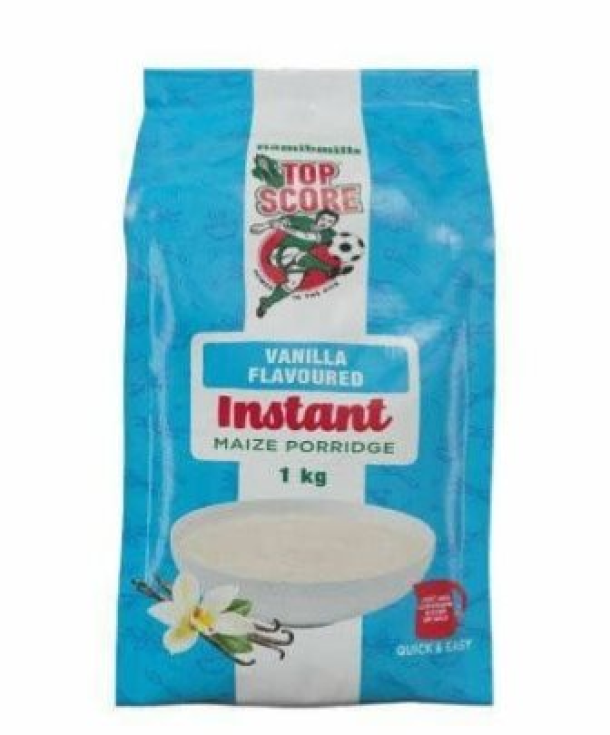US chicken imports put BEE operation under pressure
The Black Economic Empowerment (BEE) consortium that acquired Afgri’s loss-making poultry division is feeling the pressure exerted by US chicken imported under the African Growth and Opportunity Act (Agoa).
Kholofelo Maponya, the CEO of Daybreak Farms, told Business Day that since the US imports started hitting South African shelves this month, when the first consignment of poultry was delivered to cold storage facilities, production losses became a reality.
"We have reduced production by 15% and that is 1,000 or more jobs already at risk. We are already negatively affected by the increase that has flooded the market," Mr Maponya said.
Afpo, a BEE consortium led by Matome Maponya Investments, acquired 54% of Daybreak Farms.
The Public Investment Corporation, as well as some minority investors, funded the rest of the investment in the entity.
Mr Maponya believed then that the groups’s survival to mitigate the impending competition in an industry that was grappling with thin margins, hinged on exploring a model that allowed the supplier to take its chickens closer to customers in the townships. This, he said, would be done by establishing a township wholesaler at which spaza shops, cafés and individuals could buy chickens from entrepreneurs who would have invested in cold-storage facilities and chicken from Daybreak Farms.
Before the Agoa renewal, concerns had been raised about the possible adverse effect US chicken imports would have on black business. Under the trade agreement, SA is obliged to import 65,000 tonnes of chicken from the US a year, half of which can be distributed by black-owned businesses.
Qualifying black importers have to comply with all the requirements for a quota allocation of 1,025 tonnes of chicken. An importer must own storage and distribution facilities, as well as be in possession of health-regulation compliance certificates — all of which cost money. In addition, entering into partnerships with established producers is seen as another way in which to navigate around this capital-intensive model.
However, Mr Maponya expressed reluctance when asked if Daybreak Farms would adopt the model, saying that the quality of the imports was unimpressive. "The quotas are also minuscule."
News Category
- International retailers
- On the move
- Awards and achievements
- Legislation
- Wine and liquor
- Africa
- Going green
- Supplier news
- Research tools
- Retailer trading results
- Supply chain
- Innovation and technology
- Economic factors
- Crime and security
- Store Openings
- Marketing and Promotions
- Social Responsibility
- Brand Press Office
Related Articles

Eskort is celebrating 107 years

UK poultry industry as exports to South Africa ...

Playful bubble tea shops launch in selected Che...

Consumer Commission launches investigation into...


